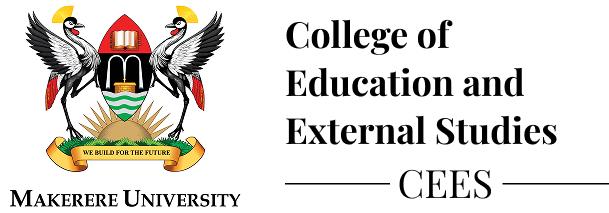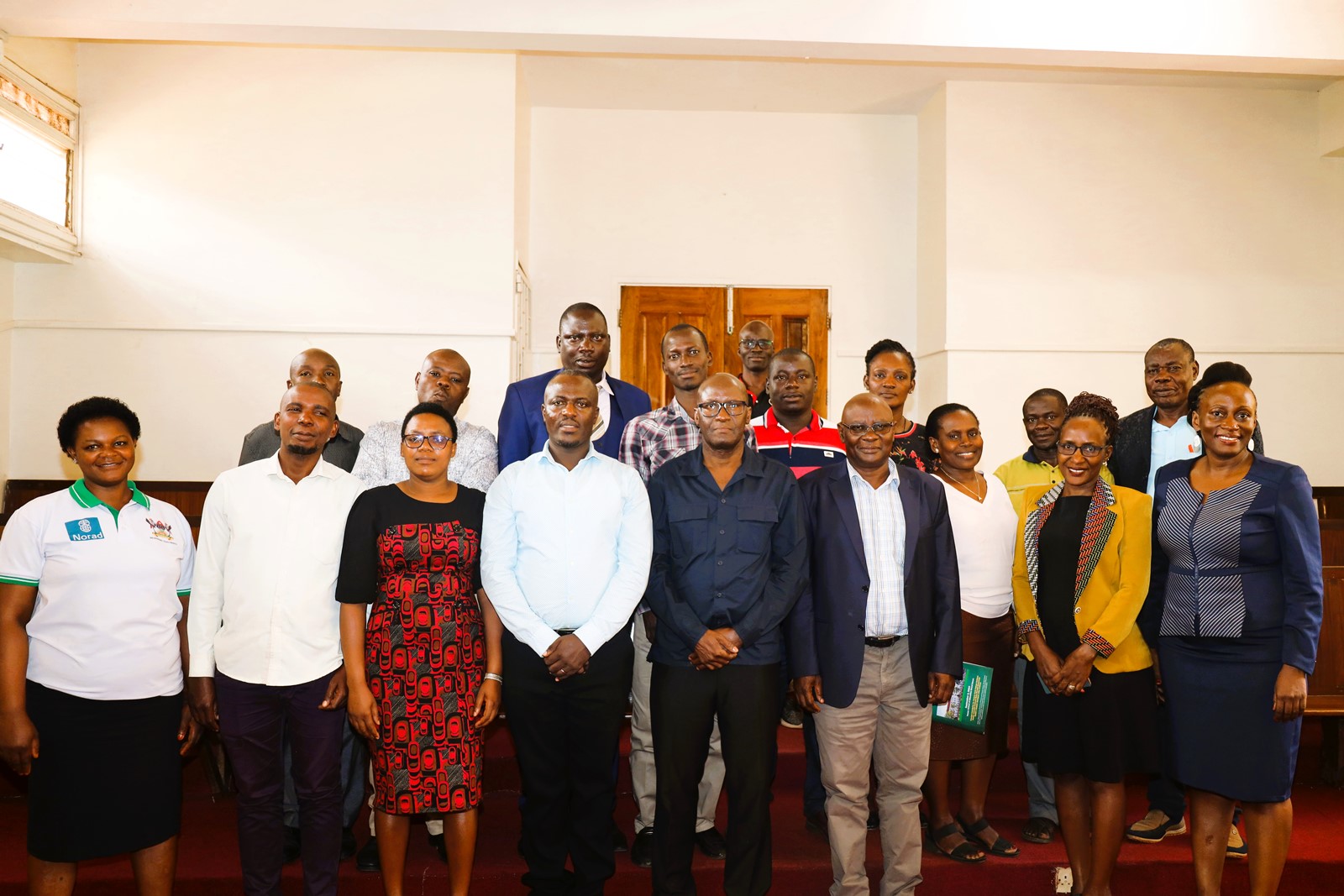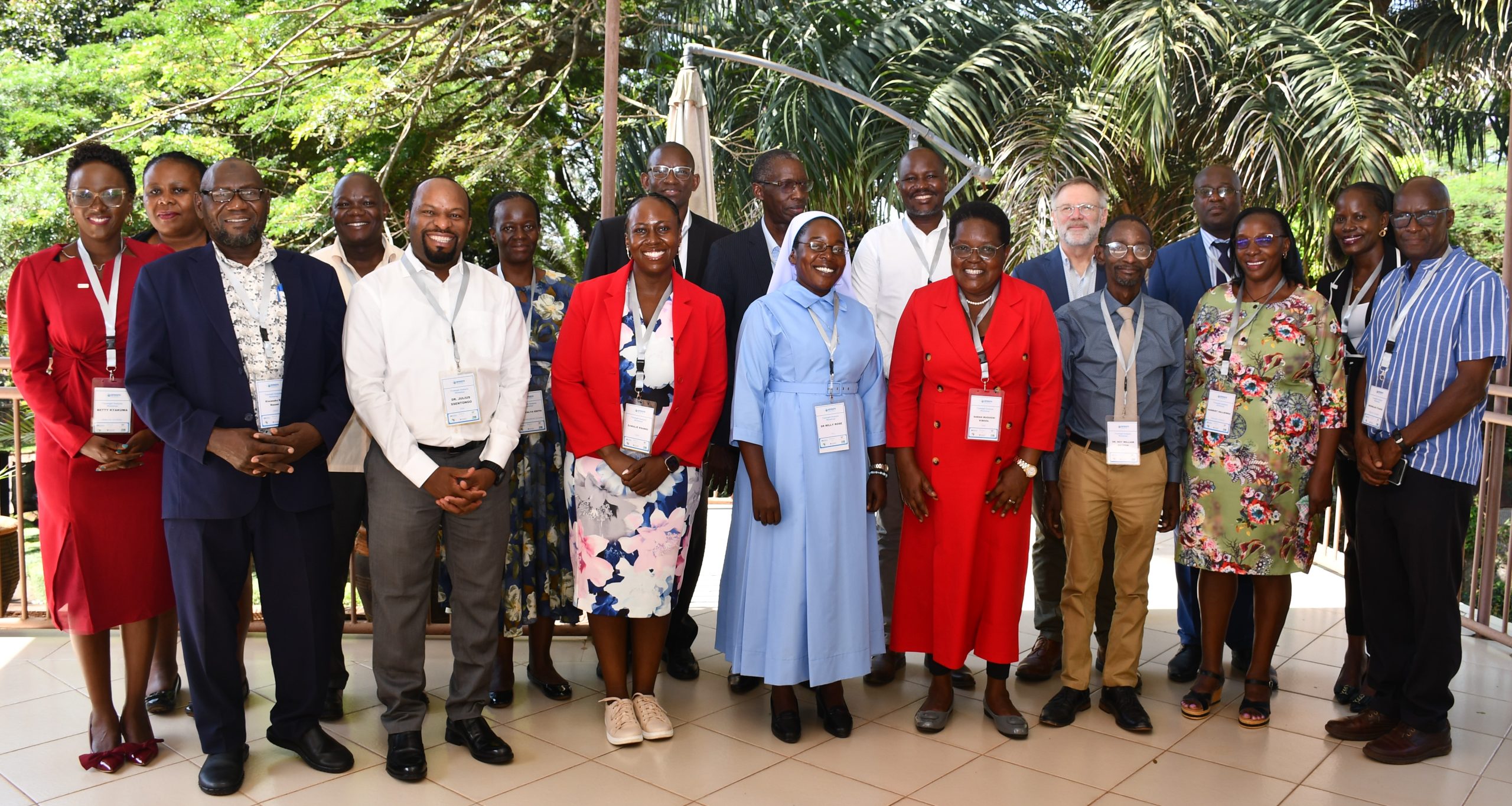On September 3, 2024, the College of Education and External Studies at Makerere University hosted a significant research dissemination event, presenting pioneering findings on integrating Indigenous Knowledge Systems (IKS) such as ethnomathematics in teaching and learning school mathematics. The research, funded by the Carnegie Corporation of New York through the Makerere University Directorate of Research and Graduate Training, highlighted innovative approaches to making mathematics education more relevant and accessible to students in Uganda.
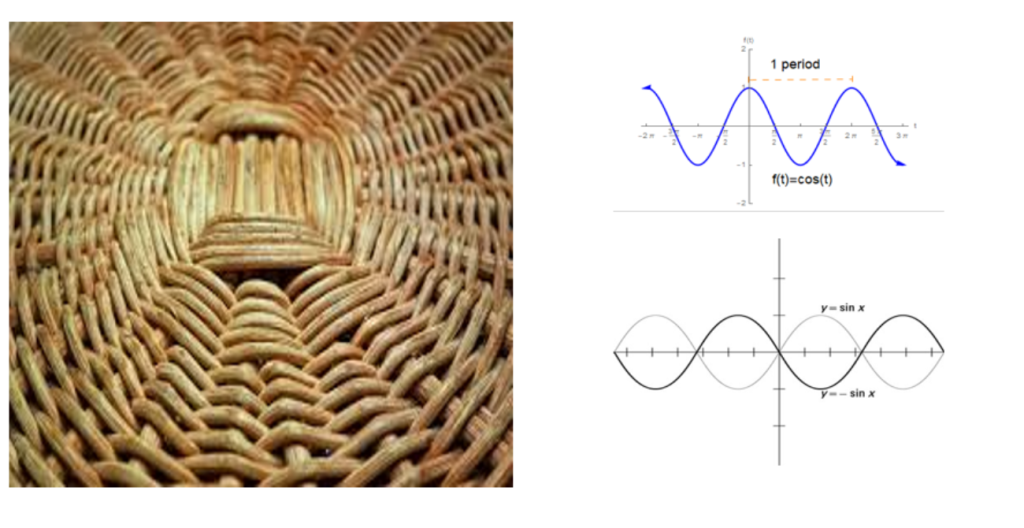
Ethnomathematics is an interdisciplinary field that explores the relationship between mathematics and culture. It investigates how different cultural groups understand, articulate, and apply mathematical concepts in ways that are often unique to their traditions and everyday practices. Educators and researchers can bridge the gap between formal, academic mathematics and the diverse mathematical practices found in various cultural contexts by exploring ethnomathematics. This approach can serve as a powerful medium for teaching and learning mathematics, offering several benefits such as cultural relevance in education.
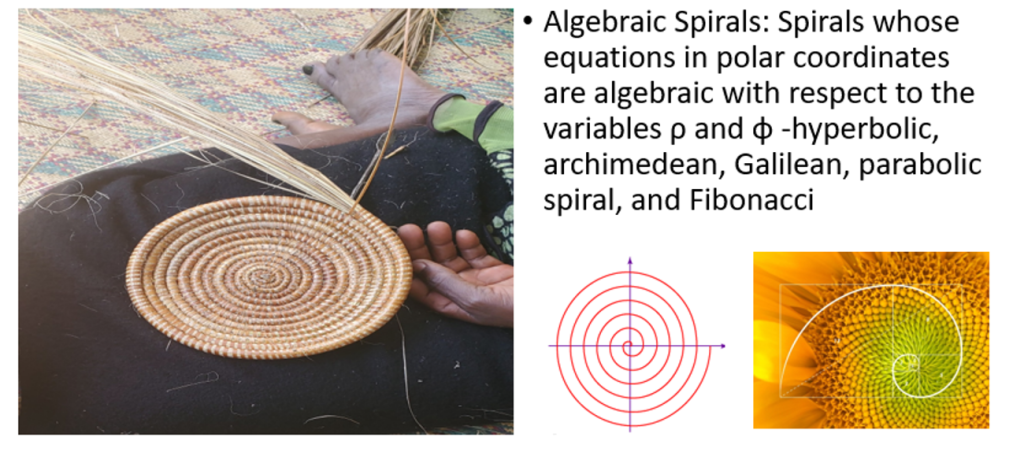
Ethnomathematics helps make mathematics more culturally relevant to students by connecting abstract mathematical concepts to their real-world experiences and cultural backgrounds. This relevance can increase student engagement, making mathematics feel more accessible and meaningful. For example, students from agricultural communities may better understand mathematical concepts when they are presented using traditional farming practices, such as crop rotation patterns or land measurement techniques.
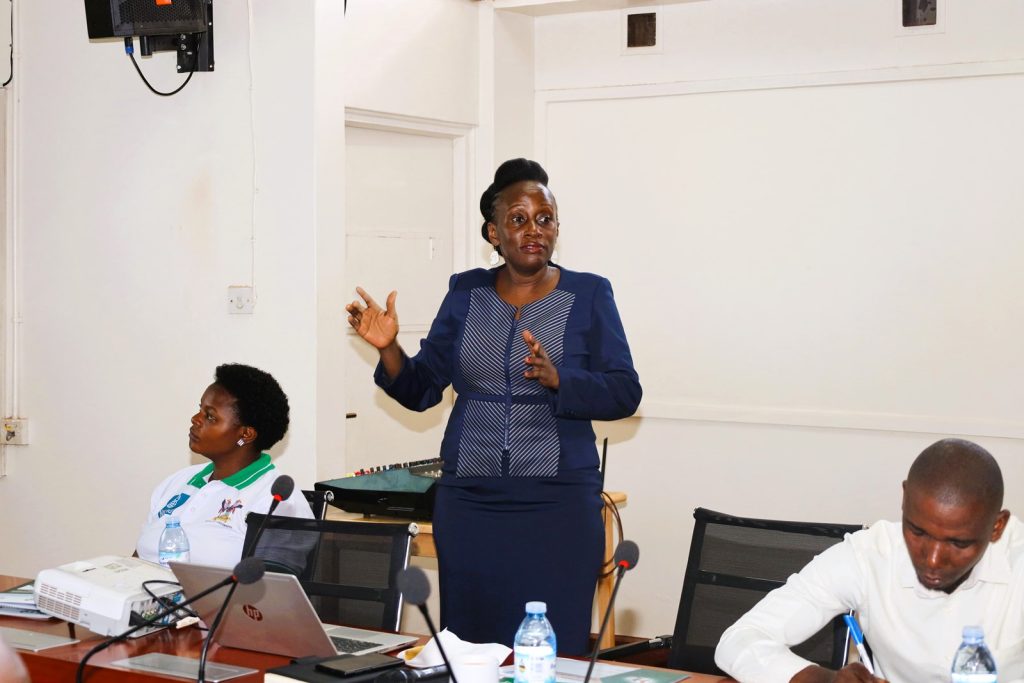
The research, led by Dr. Marjorie Sarah Kabuye Batiibwe from the Department of Science Technical and Vocational Education, focused on how traditional practices such as mat and basket weaving can be incorporated into the secondary school mathematics curriculum. This approach, termed ethnomathematics, seeks to connect abstract mathematical concepts to the cultural practices familiar to students, thus enhancing their understanding and engagement with the subject.
Key Findings
The research revealed that the mathematical processes embedded in traditional activities like weaving are rich in concepts that align with the school mathematics curriculum. For instance, mat weaving incorporates geometrical concepts such as symmetry, parallel lines, and shapes, while basket weaving introduces students to patterns, sequences, and measurement techniques. These cultural activities can be used as teaching tools to make learning more hands-on and relatable.
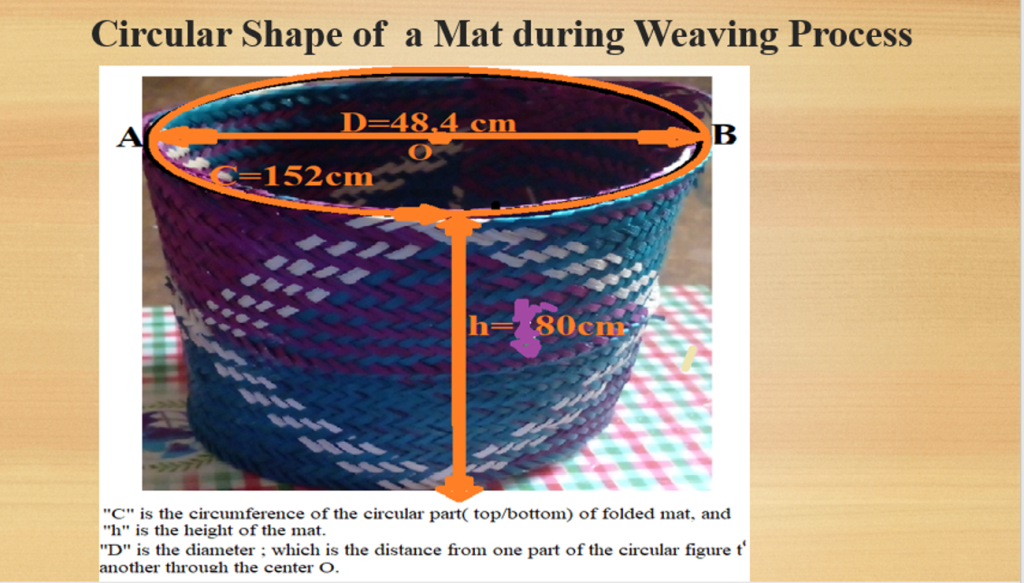
Impact on Education
Julius Anthony Musinguzi, a Master’s student undertaking this research said, the study also demonstrated that students taught using these culturally relevant methods showed improved conceptual understanding and a more positive attitude toward mathematics. “The use of IKS in teaching not only made mathematics more engaging but also helped bridge the gap between theoretical knowledge and practical application,” he said.
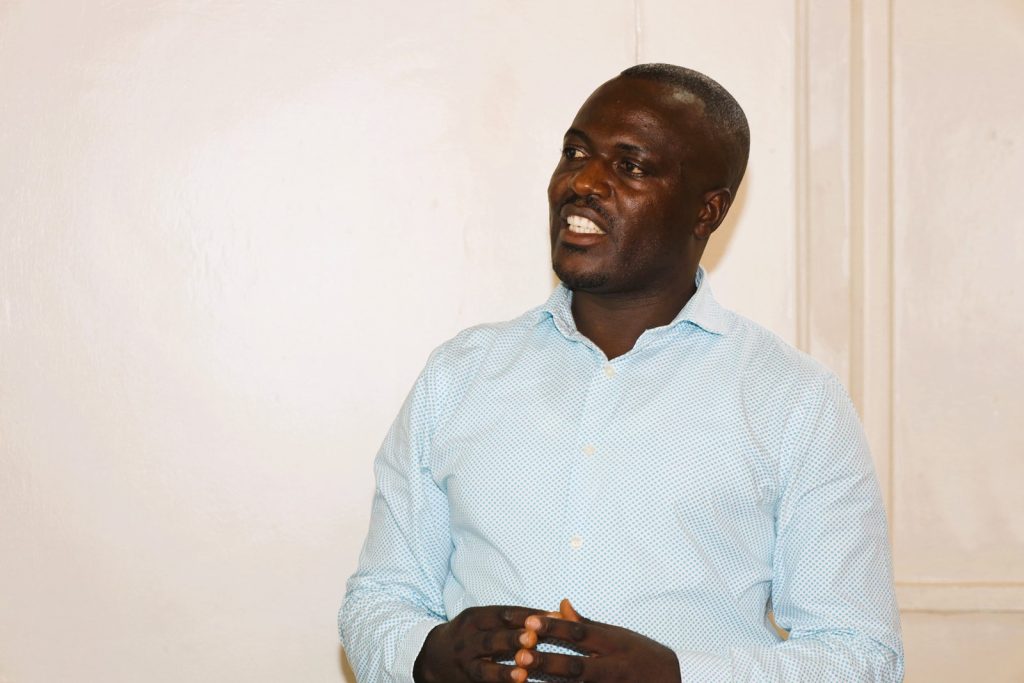
Dr. Batiibwe’s research further proposed the development of a curriculum module that incorporates these ethnomathematical practices into the training of pre-service mathematics teachers. This module would equip future educators with the tools and strategies needed to integrate IKS into their teaching practices effectively.
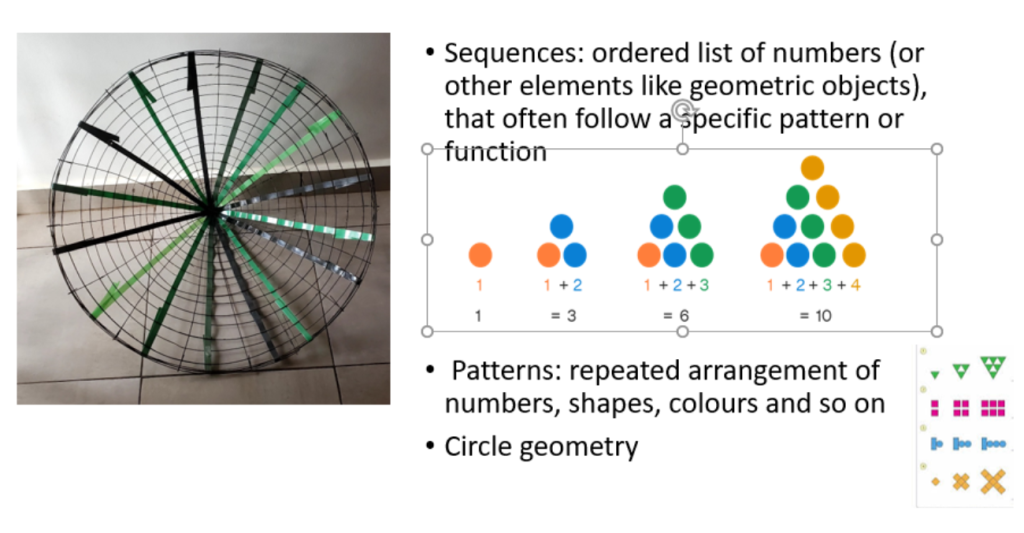
The event concluded with a call to action for education stakeholders in Uganda to consider the integration of ethnomathematics into the national curriculum. This would not just preserve and promote indigenous knowledge but also improve the quality of mathematics education by making it more inclusive and contextually relevant.
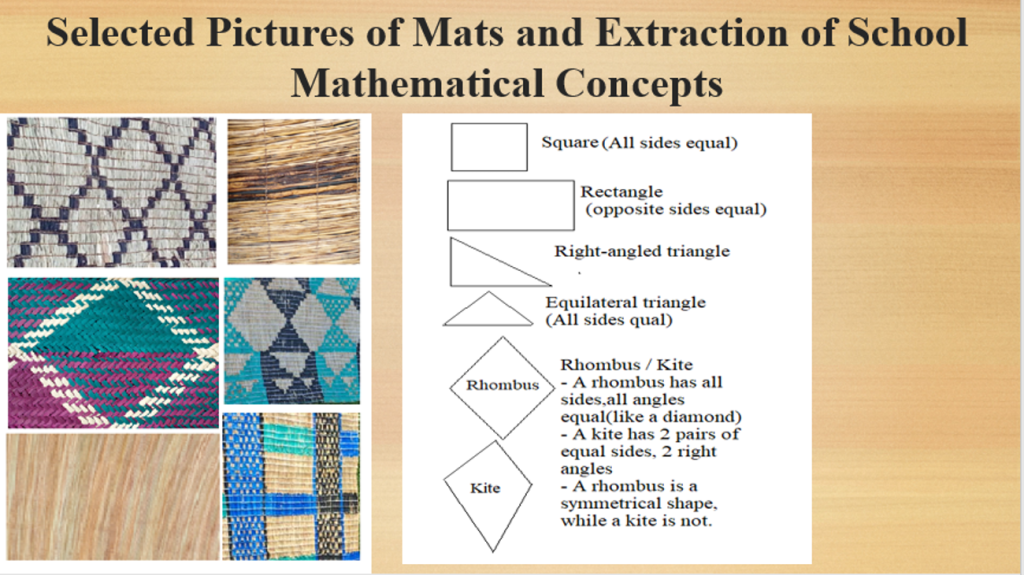
Makerere University continues to be at the forefront of educational innovation, and this research marks a significant step towards redefining how mathematics is taught in Uganda, ensuring that it resonates with students from all cultural backgrounds.
Research team
- Principal Investigator: Marjorie Sarah Kabuye Batiibwe
- Mentor: Assoc. Prof. Betty Kivumbi Nannyonga (Department of Mathematics, College of Natural Sciences, Makerere University)
- Master’s student: Julius Anthony Musinguzi (Master of Education in Science Education (Mathematics)
